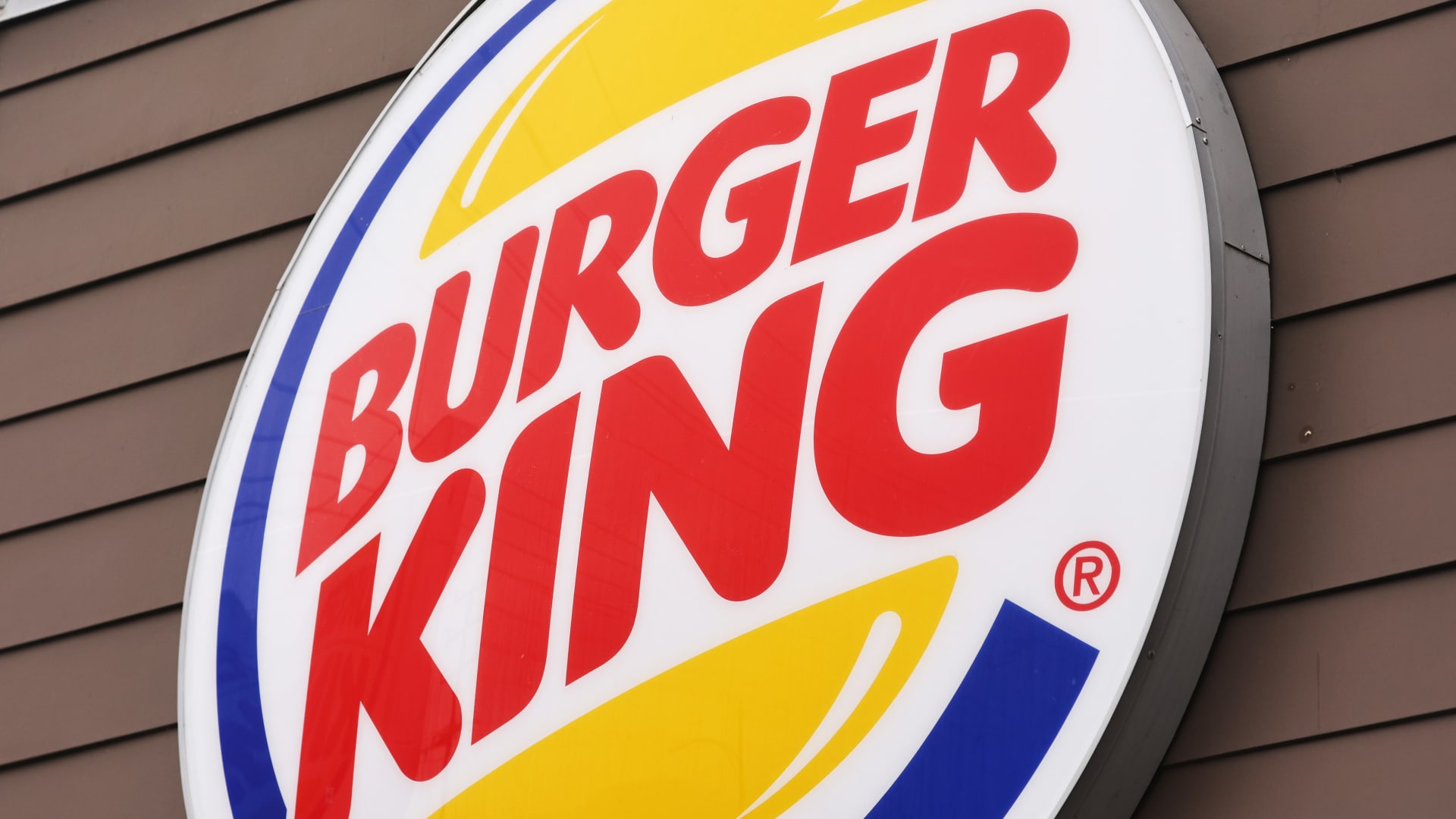It’s hard to fully review an album only released days ago during a major holiday weekend, but I can confidently acknowledge being blown away by “Cowboy Carter,” which has been on repeat, of course.
Beyoncé accomplished her goal — of reclaiming a genre of music that Black people played a pivotal role in creating and bending it to her will — and for that, “Cowboy Carter” is a resounding success.
It is very much the gumbo of sounds she describes in the album’s press release. You hear country, soul, funk, opera and so on. The influences range from Sly and the Family Stone to Burt Bacharach. I don’t know how she decided to mix samples from The Beach Boys with Nancy Sinatra on “Ya Ya” or tap Post Malone for a country-leaning duet on “Levii’s Jeans.” Her duet with Miley Cyrus on “II Most Wanted” is so stunning, and almost makes me want to totally forgive and forget Billy Ray’s daughter’s twerk era.
Beyoncé sounds amazing throughout the album, and I am happy she channeled the layering reminiscent of Destiny’s Child production. I continue to be so fascinated by her ability to blend and create something that still manages to sound like her.
True to her word, “this isn’t a country album, it is a Beyoncé album.”
Despite my praise for “Cowboy Carter,” some of Beyoncé‘s detractors are undervaluing the value of Beyoncé to directly confront the racism of the country music industry. No artist is beyond reproach, but when it comes to recent criticism about Beyoncé and her foray into country-ish music, some critiques register as goofy while others are more reflective of some folks’ inability to get past their own ideas of who they think she should be and what music she can make.
In the days leading to the release of “Cowboy Carter,” Beyoncé took to Instagram to reveal the motivations behind what had been speculated to be her first country music album.
“This album has been over five years in the making,” she wrote in her caption. “It was born out of an experience that I had years ago where I did not feel welcomed … and it was very clear that I wasn’t.”
Everyone immediately knew she was referring to: her 2016 appearance at the Country Music Association Awards where she performed a rendition of “Daddy Lessons” with The Chicks.

Image Group LA via Getty Images
The backlash from that performance, coupled with the ongoing snubbing of Beyoncé by the Recording Academy in the Album of the Year category at the Grammys, have admittedly pushed her creative ambitions. The result is “Cowboy Carter,” arguably the best work of her career.
I understand that not everyone will share such sentiment, but some critiques about this new album appeared more rooted in the intent behind its creation versus the songs themselves.
This was evident in the feedback to the “Cowboy Carter” cover reveal, in which a number of folks on the internet took issue with Beyoncé’s attempting to reclaim an industry that has a long history of racism.
Among the loudest critics included Azealia Banks, the rapper and self-appointed online career guidance counselor who dismissed the project as “white woman cosplay” in an Instagram story.
“You’re reinforcing the false rhetoric that country music is a post-civil war white art form,” she wrote. “And subsequently reinforcing the idea that there is no racism/segregation/slavery/violence/theft/massacres/plagues/manifest destiny craziness that form the bedrock of epithets like ‘proud to be American’ or ‘god bless the usa.’”
She also blasted Beyoncé for even performing at the CMAs.
“I just don’t understand all the attention being given from one of the times biggest stars to a purposely secluded all whites club of damn near nobodies who’d never acknowledge you.”
Banks has a history of bashing Black media, Black radio, Black (queer) men — all while previously gushing about old white men in past interviews. I hope she finds her way to a podcast deal, but I couldn’t give any less of a damn about what she thinks on most things, particularly what kind of artists grovel for white validation.
Nevertheless, I heard a similar line of criticism about the use of the American flag on the album cover.
It recalls an attitude about Black southerners by people not from the region who sometimes look down on us. Put simply, any clinging to patriotism is to assume the white man’s ice is cooler or something. Black Texans’ relationship to the flag is a bit more complicated than that. While I might not be rolling around in the American flag, there is a difference between honoring Black Southern legacies and appealing to the white gaze.

Michael Buckner via Getty Images
People like to make assumptions, especially about what’s unfamiliar to them.
The other big criticism of “Cowboy Carter,” from this Washington Post review, is that it is “an album about awards shows” — presumably due to Beyoncé’s rap on the penultimate track, “Sweet Honey Buckiin.” “A-O-T-Y, I ain’t win (Let’s go)/ I ain’t stung by them/ Take that s**t on the chin/ Come back and f**k up the pen.”
In this same review, the critic took aim at the “Ya Ya” lyric: “Are you tired working time-and-a-half for half the pay? I just pray that we don’t crash, keep my Bible on the dash, we gotta keep the faith.”
“So thoughts and prayers? That’s a multimillionaire’s solution to income inequality?” the critic writes.
I don’t know why anyone would look for a celebrity to solve income inequality much less on a song ultimately trying to get asses of all shades shaking in the clubs and on TikTok.
I get so annoyed by people projecting their politics on her when I can see with my own Houston-born eyes where at least some of that wealth has gone. When I recently went back to Houston on my book tour stop, I drove by the low-income housing complex Beyoncé and Kelly Rowland’s music paid for through their home church.
By that same token, it’s one thing not to like “Cowboy Carter,” but it’s another to pretend a Black girl from Houston — no matter how rich she is — isn’t being true to herself or the people who contributed to this album.
Sure, folks are free not to like her yeehaw agenda, but her foray into country is not forced nor fake, and even if not your jam personally, has already proven successful enough to open doors for other Black women in country.
Even so, from now until the very end, there will likely still be a debate about how much should Black artists care about places that repeatedly prove to not value us. It’s just as true when it comes to the embracement of the flag.
Beyoncé is an institutionalist and works within that prism. Instead of ignoring those who dismiss her, she uses her music and influence to dare them to keep denying her.
Beyoncé chose this fight with “Cowboy Carter,” and musically, she has once again proven that she is the standard not bound by anyone’s limitation. Some may not respect why she wants to have it, but it’s obvious that it’s the fight she wants. Her efforts are not pointless, empty or shallow.
And they are certainly not fake.
If you think so, you must not be from ’round our way.







/cdn.vox-cdn.com/uploads/chorus_asset/file/25426363/Featured_Image_for_Yelp_Spring_Product_Release.png)